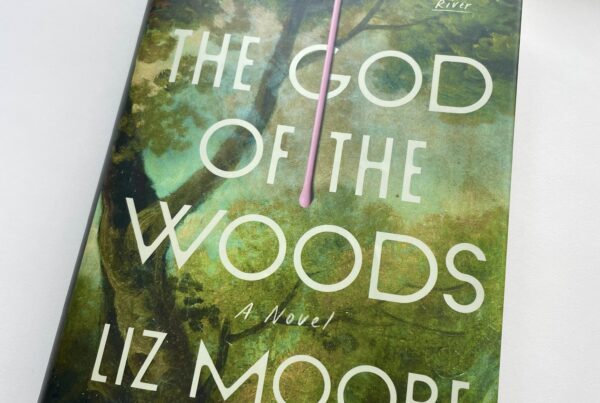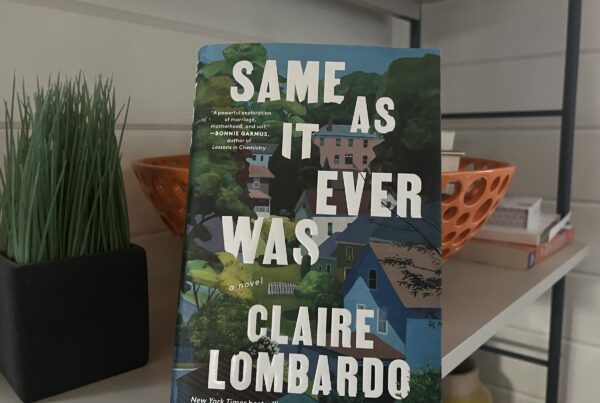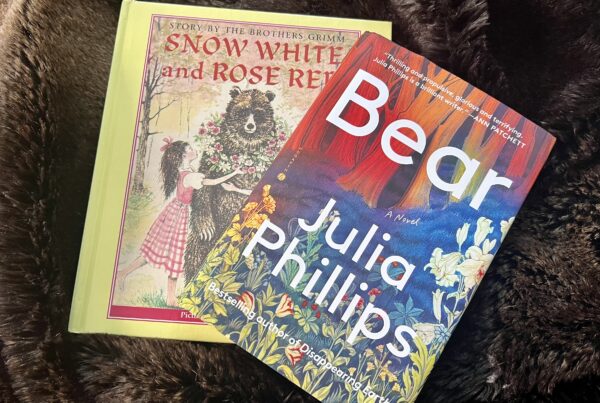Every time I teach Oedipus Rex to my seniors in high school, they ask, “how can Oedipus not know that he’s fulfilling his prophecy?!” I lead them to the ambiguity in the language and ideas about the different kinds of blindness – literal and metaphorical. They understand, mostly, but I am always looking for ways to make the ancient text more relevant to them. So when I heard that Daisy Johnson had reimagined the story of Oedipus in her first novel, Everything Under, and set it in contemporary England using female and transgender characters, I rushed to read it.
Gretel, whose name is already loaded with fairy tale magic, has been searching for her mother, Sarah, since she abandoned her sixteen-year-old daughter. Now, sixteen years later, at thirty-two Gretel has found her, and not a moment too soon — her mother is rapidly forgetting the past due to Alzheimer’s. The questions Gretel has for Sarah are many. Why did she leave? Who was/is Gretel’s father? And what happened to a young man, Marcus, who lived with them one winter on their house boat? And how will Sarah tell her, if she doesn’t remember?
It is the unraveling of these questions that makes up a large portion of the novel and, as I followed Johnson’s web of stories, I began to understand how easy it is not to see, not to comprehend what should be so clear. Gretel’s job as a lexicographer, interestingly, means that she has spent her adult life writing definitions for a dictionary, clarifying meanings. She works in precision. Indeed, Sarah taught her from an Encyclopedia as a child, so Gretel’s fluency in language and communication of ideas is central to her identity.
What makes her job, and her search, even more fascinating and frustrating, however, is that her mother also invented words with which to communicate important ideas. By age sixteen, when she was put in foster care, many kids didn’t understand this language; they thought Gretel was uneducated, even stupid. There was sheesh time, duvduv, and ultimately, the Bonak. It is this last word/monster that represents all of Gretel’s fears as a girl. It lurks in the river, on land, forever haunting her. Now, as an adult looking for her mother, Gretel, too, has to retrieve her lost memories and forgotten language, like cookie crumbs dropped in a forest, and come face to face with her biggest fear of all: the truth.
Johnson imbues this novel with such language and imagery that it is hard to put down. I got lost in the story and became as transfixed as Gretel in the details of her mysterious past. I loved how Johnson wove in ancient and modern-day allusions as well as timeless issues regarding communication between and among the people we love. Johnson has certainly written a new myth for our times, but it is also a mystery, a love story, a story about family, and the ever-challenging but essential search for truth.




